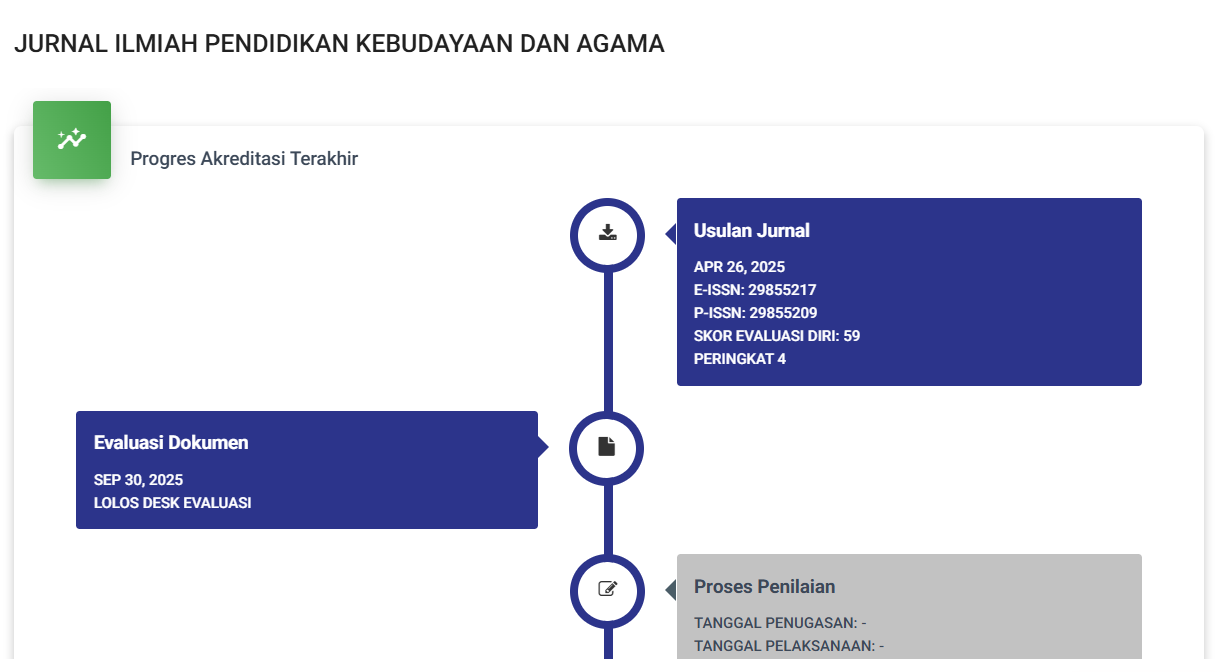Contemporary Da’wah Empowerment Institute in Indonesia
DOI:
https://doi.org/10.59024/jipa.v1i1.54Abstract
The importance of the role of contemporary da’wah institutions in Indonesia is a challenge for the government. This research aims to describe the role and problems of contemporary da’wah empowerment institutions in Indonesia. This study uses a qualitative method with a literature review approach which originates primarily from journals and books related to contemporary da’wah institutions in Indonesia. The results of this study found that the formation of da’wah institutions in Indonesia departed from individual awareness to carry out tabligh which developed into a collective awareness to carry out da’wah within a certain system within the da’wah institution. The concept of da’wah is not only synonymous with tabligh but covers all aspects of life and tabligh is only part of Islamic da’wah. An activity can be called da’wah if it includes a system of joint efforts of believers in the context of realizing Islamic teachings in terms of socio-cultural life. The role of da’wah institutions in Indonesia can act as a motivator because basically this approach strategy is basically an effort to raise public awareness so that they can develop the existing resources of the Indonesian people, the environment and the natural surroundings to get better results. This is where the socio-religious potential of preachers and da’wah institutions can carry out their role as Indonesian non-governmental organizations, especially through religious values such as independence, justice, cooperation and so on.
Downloads
Published
Issue
Section
License
Copyright (c) 2023 JURNAL ILMIAH PENDIDIKAN KEBUDAYAAN DAN AGAMA

This work is licensed under a Creative Commons Attribution-ShareAlike 4.0 International License.










